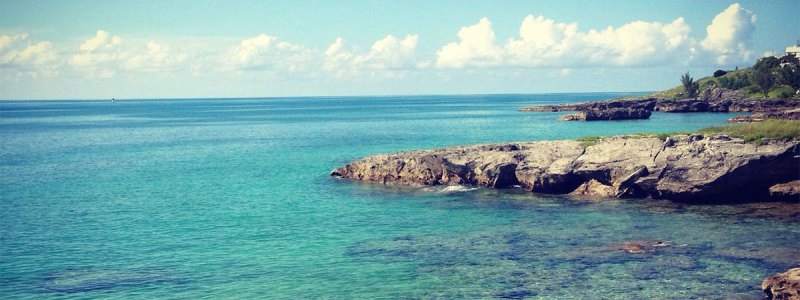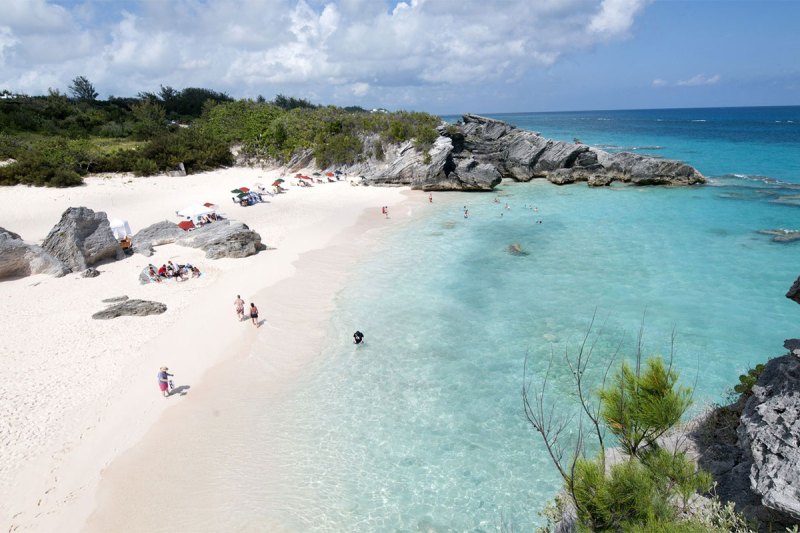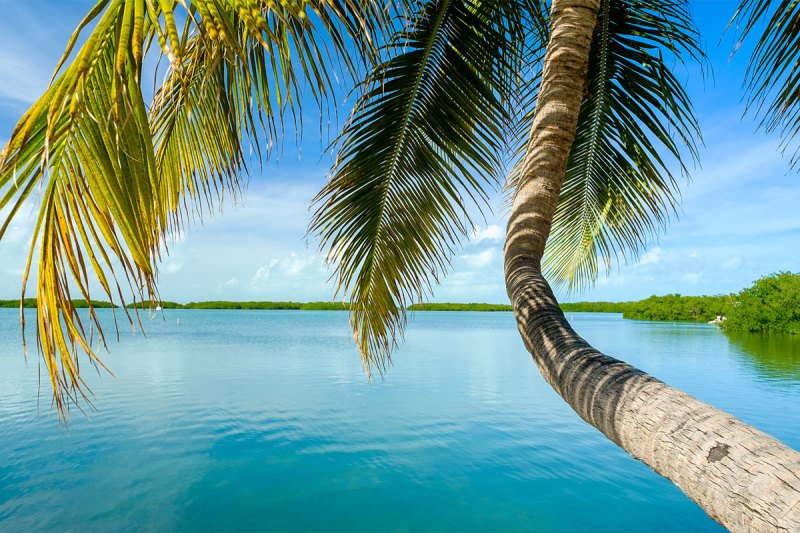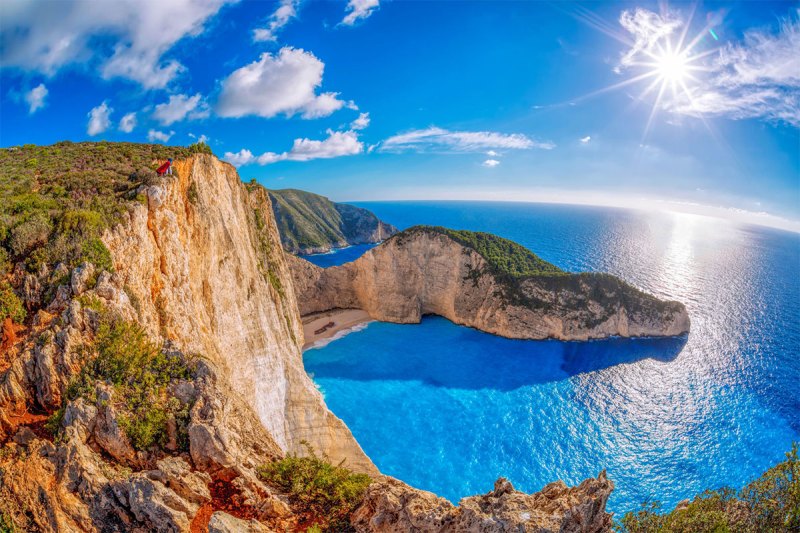
So, it’s no surprise that thousands of years of shipwrecks remain undiscovered at the bottom of some of the world’s deepest underwater trenches. From Spartan-era archeological treasures in coastal Greece to half-billion-dollar Spanish treasure troves near Key West, these are the world’s most treasure-rich dive spots.
Bermuda

Due to its unique geography, Bermuda has long played a key role in marine navigation. But its perilous waters and shallow reefs are the reason many nautical historians have dubbed the island “The Graveyard of Ships”. Over the last five centuries, more than 1,000 ships have been reported lost in the waters around Bermuda — more than any single location in the Western Hemisphere. Some sit in just 30 feet of water. Indeed, there are areas where two — or even three — shipwrecks from different periods lie atop one another on the ocean floor. Today, the island rivals coastal Florida for its number of sunken wrecks and is a haven for treasure divers. Dive Bermuda has more than 30 years experience diving the wrecks around Bermuda. They offer divers a wide range of services, including rentals, one-/two-tank trips, and PADI training and certification courses.
The Florida Keys

From the early 16th century through the late 1700s, Spain’s pilfering of Latin American riches knew no bounds. An estimated eight million dollars in gold and silver was shipped home along the trade route connecting the colonies to mainland Spain. Many of these ships passed along the Florida coast — specifically what is today the coral reefs of the Florida Keys. There are countless shipwrecks in the waters off the state’s coast and many are believed to still contain the sunken spoils of Spain’s looting.
In 1985, the Spanish Galleon Nuestra Señora de Atocha was unearthed by Mel Fisher (a now legendary sunken treasure hunter) in the shallow waters thirty miles off Key West. The cargo was valued north of $500 million and the late Fisher was certain there’s still more to be found. According to the captain’s manifest, there was more than 60 pounds of emeralds, 17 tons of silver, and 35 boxes of church gold aboard the Atocha — none of which has been found to date. Fisher’s company leads week-long liveaboard dive expeditions to search for the remains. The company estimates that more than half of their guests “strike gold”.
Coastal Greece

Few destinations offer the lengthy maritime history of coastal Greece, where ships have been sailing (and sinking) for more than 9,000 years. More than a decade ago, the government opened the country’s 12,000-mile coastline to divers. It’s proven to be a literal treasure trove ever since. The sea floor is littered with an estimated 6,000 wrecks and, in some cases, whole, intact cities are believed to be submerged. The treasures date back to as far as ancient Sparta and tend to have far more archaeological than monetary value. For that reason, it’s worth noting that most — if not all — of the treasures found there should remain submerged.


